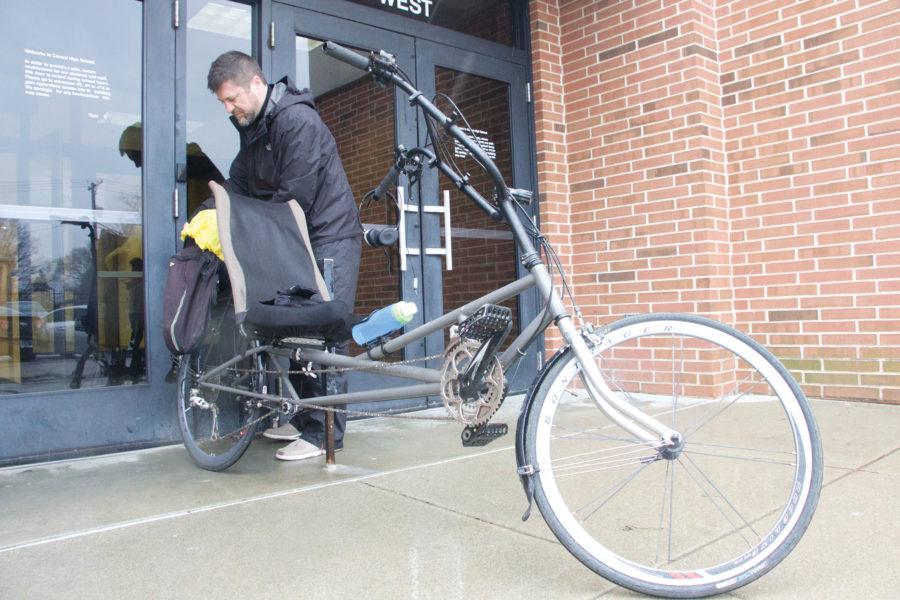Bruce Kimball, City Council member and resident of Carmel, is a bike advocate. He shared his passion for new urbanism, walkable cities and bike friendly paths with the hopes of incorporating more of this into our city for attraction, convenience and opportunities.
Kimball said he and his fellow City Council members are vigorously planning the expansion of walkable and bicycle–friendly infrastructure across Carmel.
“My passion for bicycle advocacy has grown as I became more involved in the city,” Kimball said.
He said he had noticed more young adults who had prioritized living in a place that was appealing rather than settling where the best work was. As a result, Kimball said he thought incorporating a bicycle-friendly aspect would be a major draw to the city.
The City Council not only hopes to bring newcomers to Carmel but also to reach out to the growing number of adolescents throughout the community. Along with the bus systems Carmel has in place, many use this luxury to get to and from school everyday.
Although the district provides such a system, studies from People for Bikes, an industry coalition of bicycling supplies and retailers, show that a 30-minute round trip bicycle commute is associated with better mental health in men, bicycling to school improves children’s cardiorespiratory fitness and women who walk or bike 30 minutes a day have a lower risk of breast cancer.
By adding on to the 18.1 mile Monon Trail, the City Council hopes to incorporate more biking paths throughout the city and spark an interest in the younger population to use this trail.
The already existing trails have had an affect on this community in several ways; teachers and students at this school use these pathways to their full advantage. For the past 15 years, photography teacher Kevin Daly has commuted 22 total miles every morning and afternoon to and from school.
Living in Broad Ripple with his wife and dog, Daly said his daily ride is around 45 minutes each way on the Monon Trail. He said his love for biking started at a young age.
“I remember countless summers where all my friends were at the lake and I was alone, and you would just get on your bike and ride all day long,” Daly said.
He said he had always loved the freedom he felt when he got on his bike and encouraged teens to go out and do the same.
By adding more biking paths on to the existing 180 miles of all Carmel paths and trails, the City Council hopes to attract an interest from a younger, more health-conscious population.
Freshman Lina Waseem rode her bike to school every day in previous years when she first attended Clay Middle School and then Creekside Middle School.
“I am hopeful that the new trails they are planning to build will give me a straight shot to the school so I can ride my bike and not worry about missing the bus,” Waseem said.
She said she hopes to start riding to school in the spring as she did in August of last year.
With these goals in mind, the Carmel City Council submitted a grant to People for Bikes, a foundation funded by the bicycle industry to help them kickstart a new project. Out of the 80 communities that applied, the members of the Council hope Carmel will be one of the lucky 10 to receive a grant for $250,000 each a year for three years. With this money, they hope to not just build trails but to expand the bicycle community.
“Our goal isn’t to replace cars but to see bicycling maybe making up to 10 to 20 percent of local residents’ trips inside the core,” Kimball said.
Not only do these new bike trails encourage healthy living and saving money, they also advertise the idea of improving the environment around you and minimizing your ecological footprint. According to PeopleForBikes, the average annual operating cost of a bicycle is $308, less than 4 percent of an average car.
Furthermore, according to its website, people in automobile-dependent communities devote 50% more of their income—an extra $3,000 on average—to transportation than people in communities with better bike and pedestrian facilities.
This spring, the City Council plans to expand the Tour de Carmel to three new rides in May, June and August. In August, the council plans to incorporate the idea of encouraging kids to ride bikes to school.
By building more bike paths, Carmel hopes to attract and educate the younger generation about transportation costs and limiting their carbon footprint.
















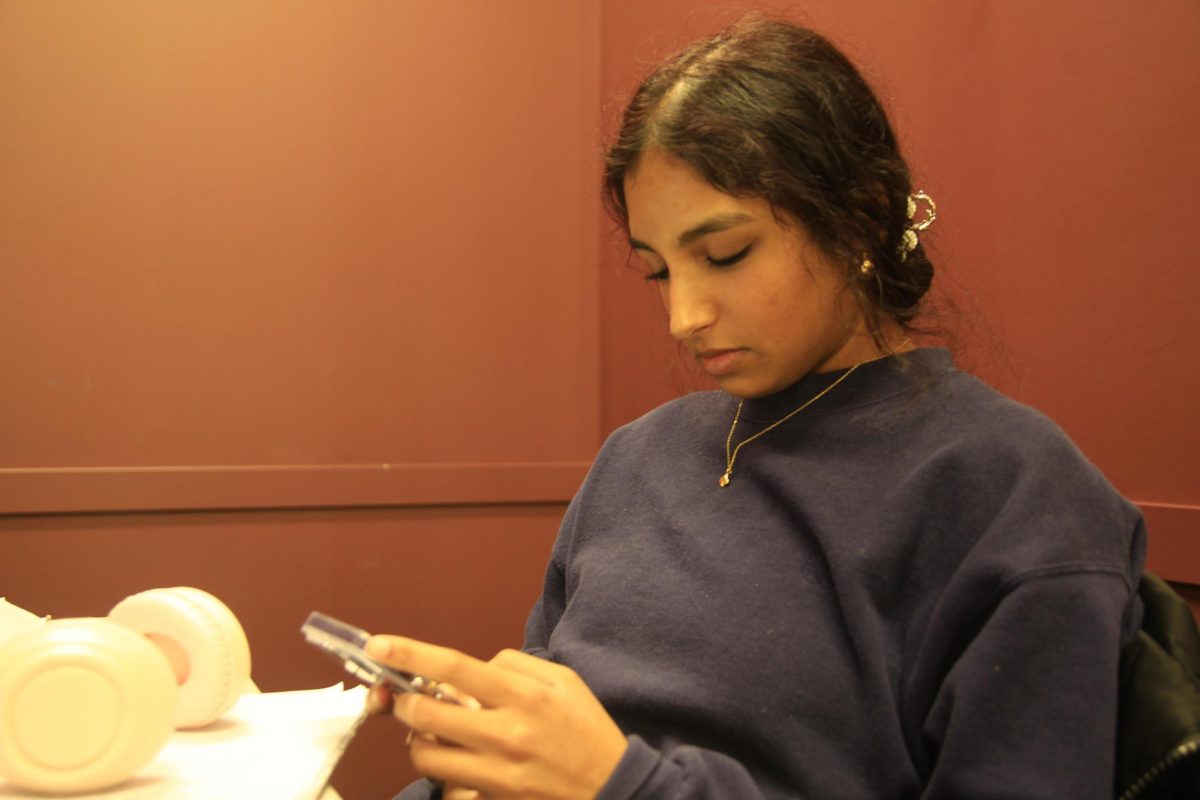


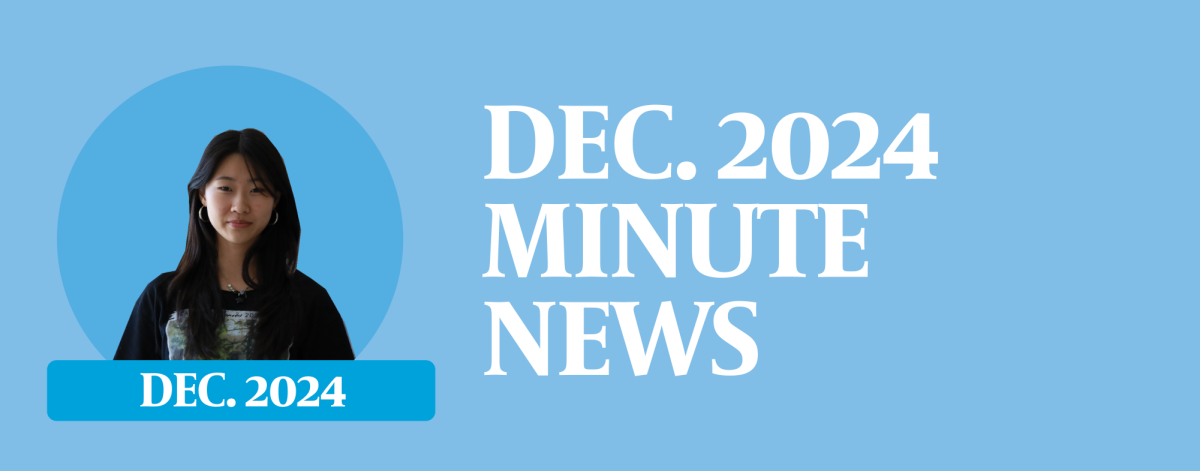
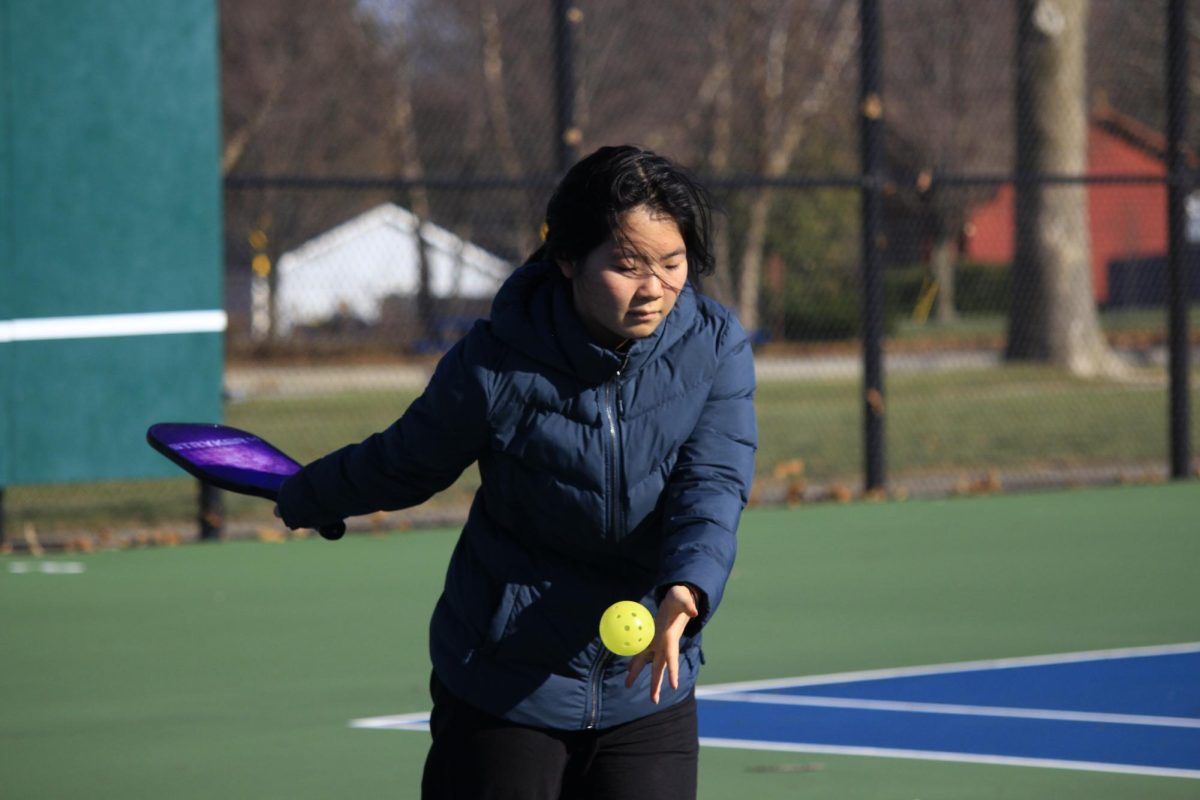
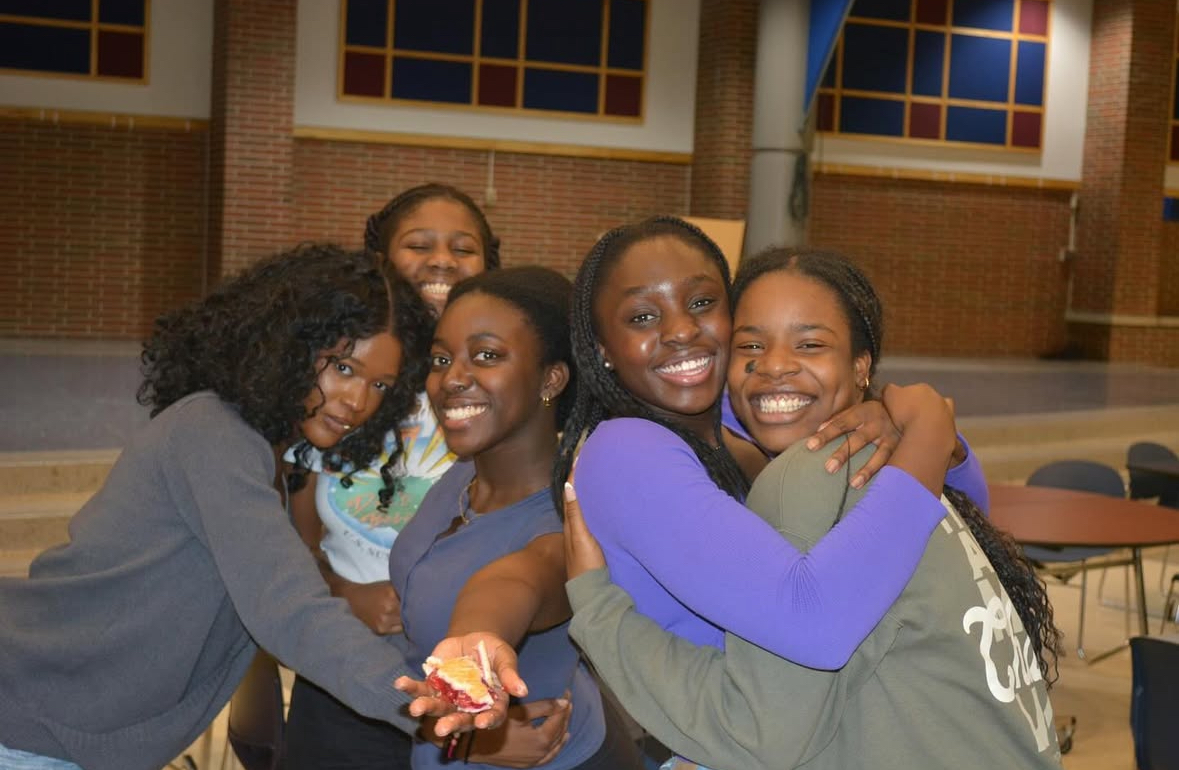
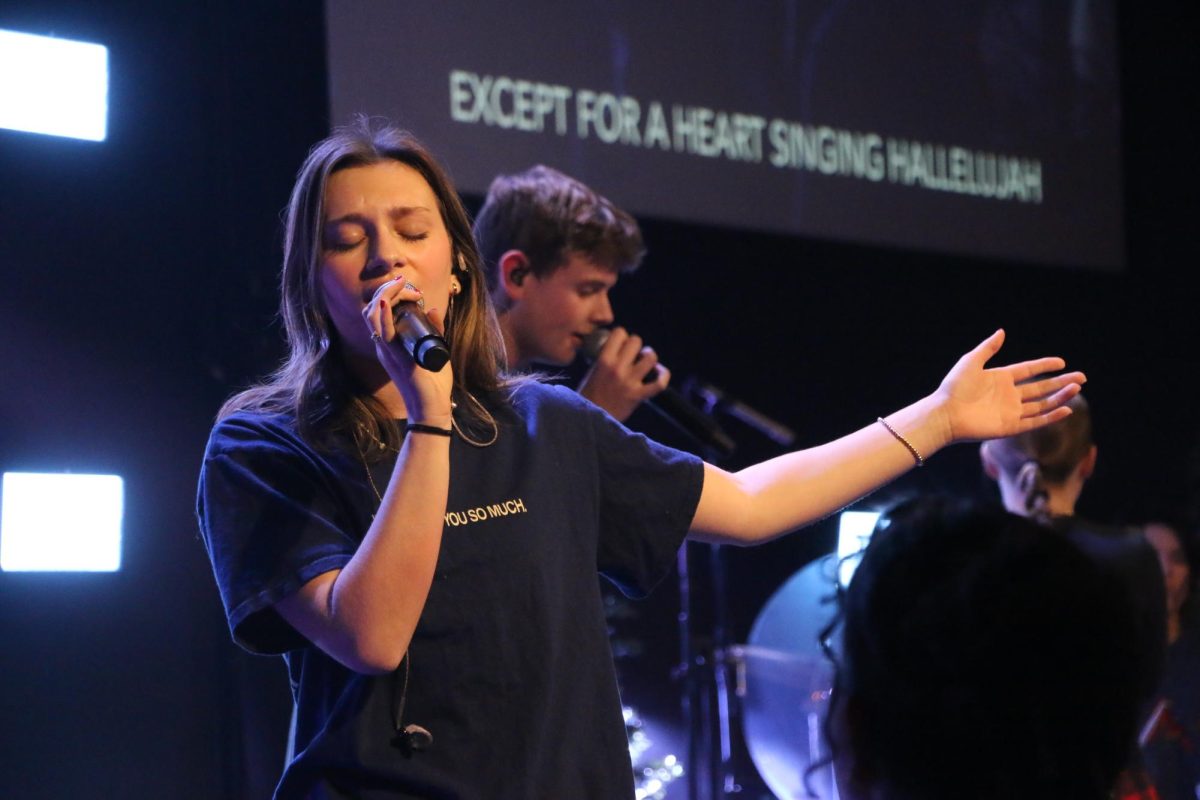
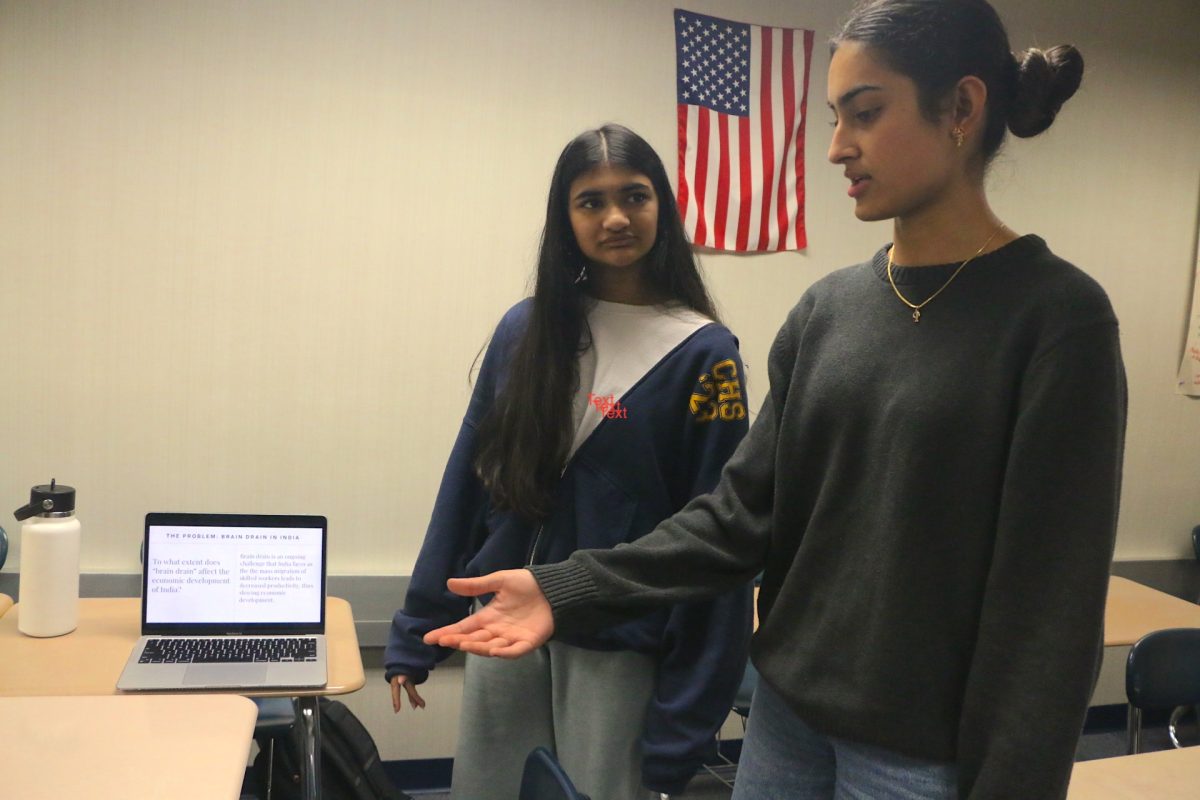
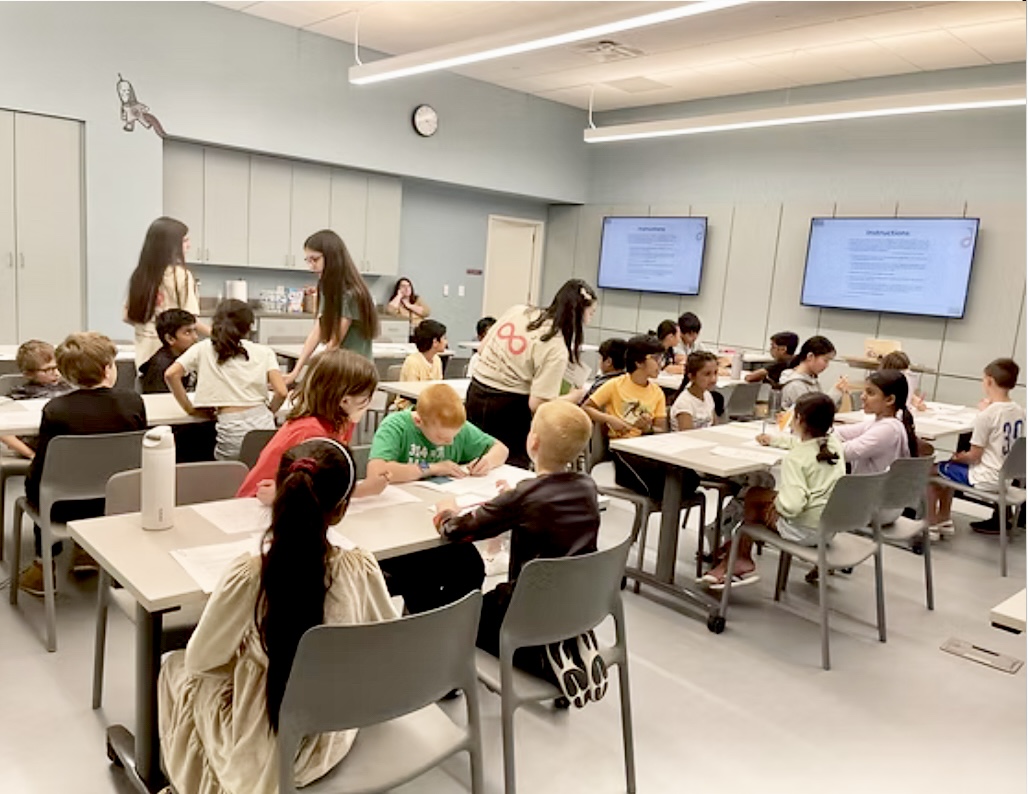
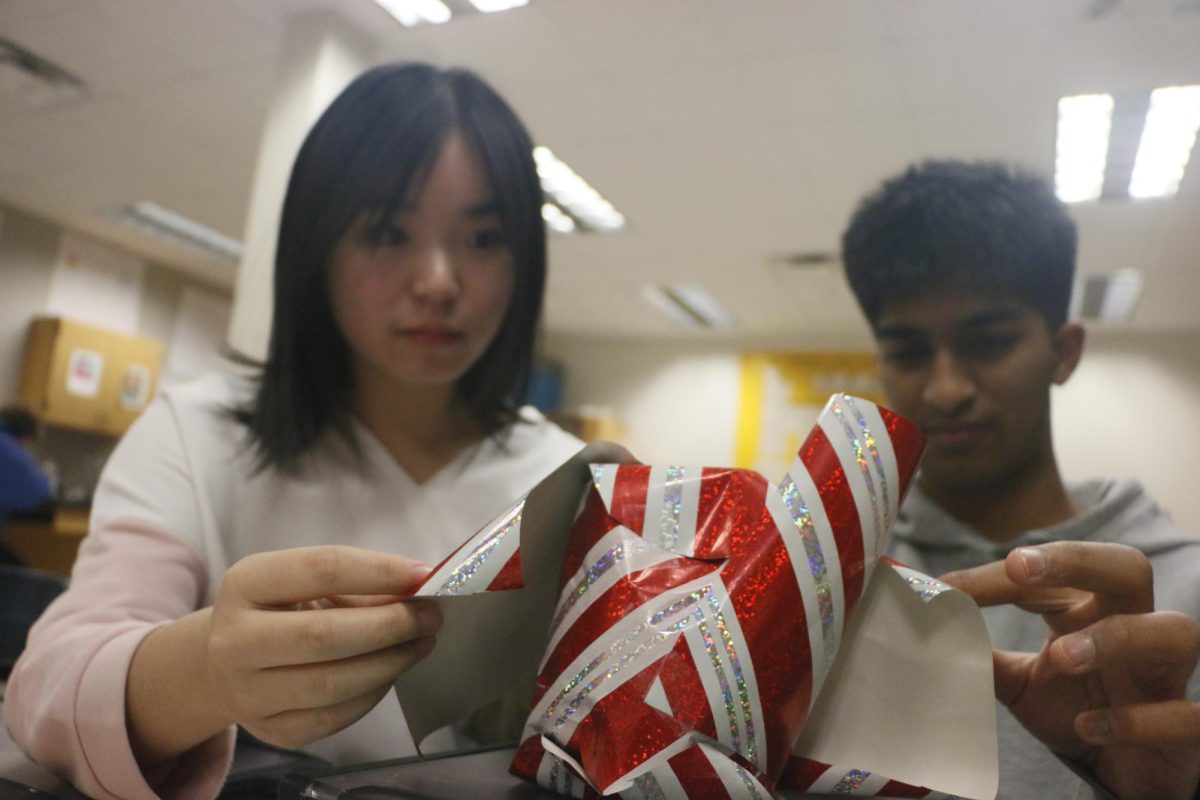
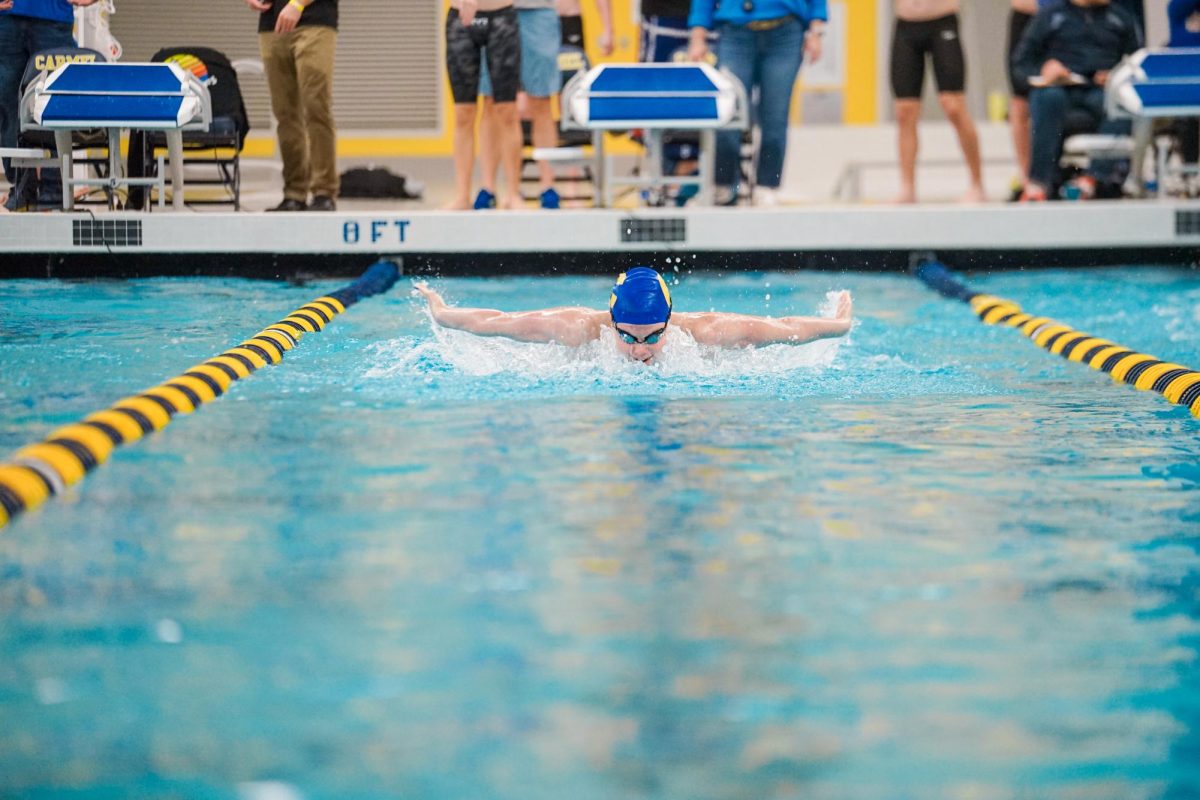
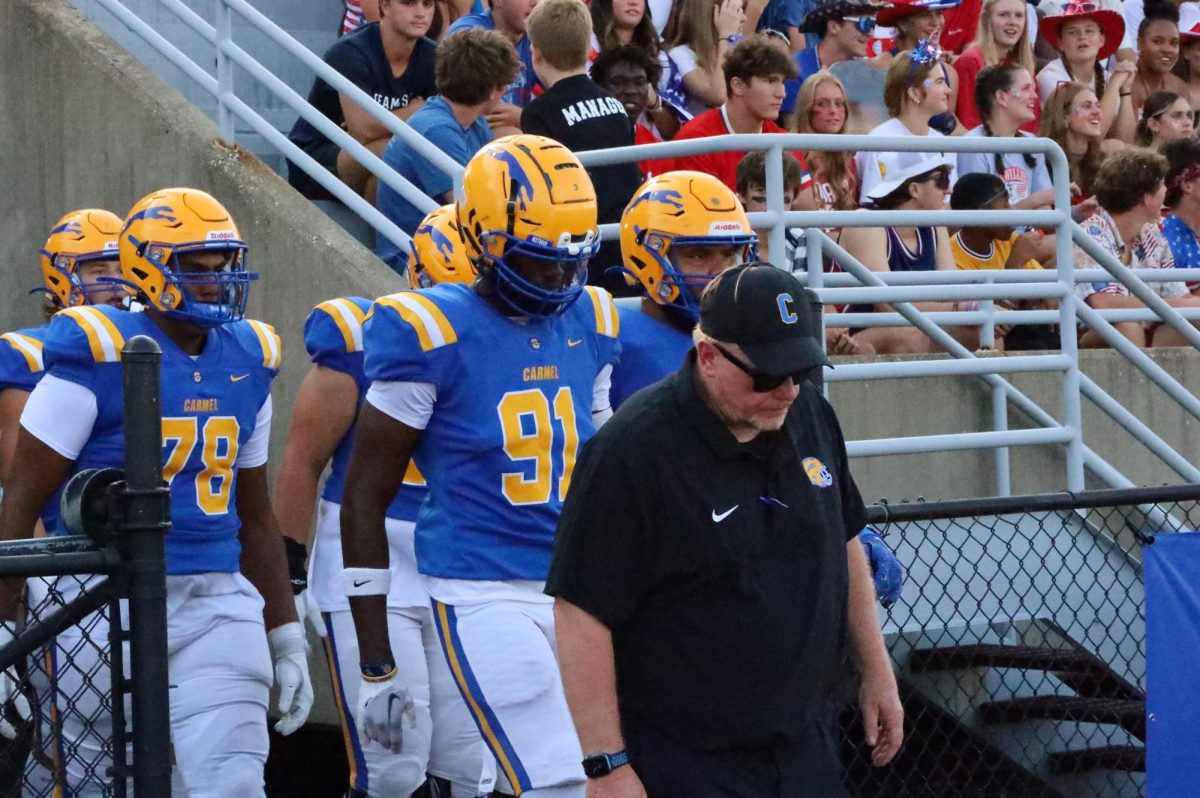




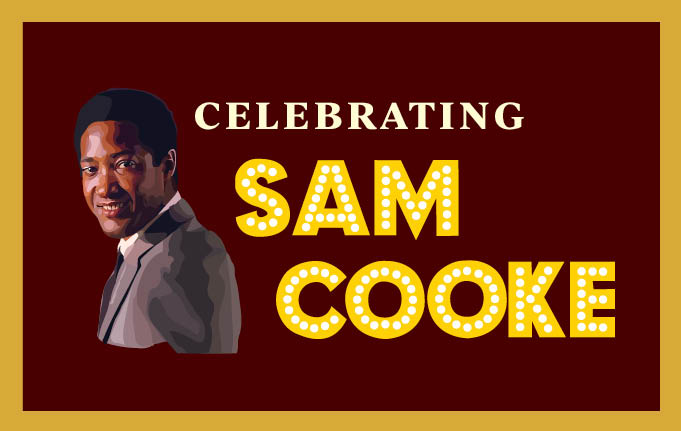



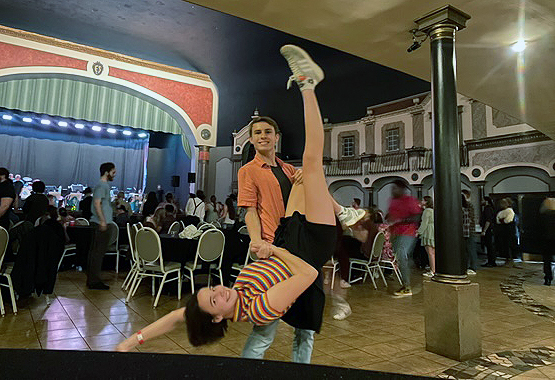


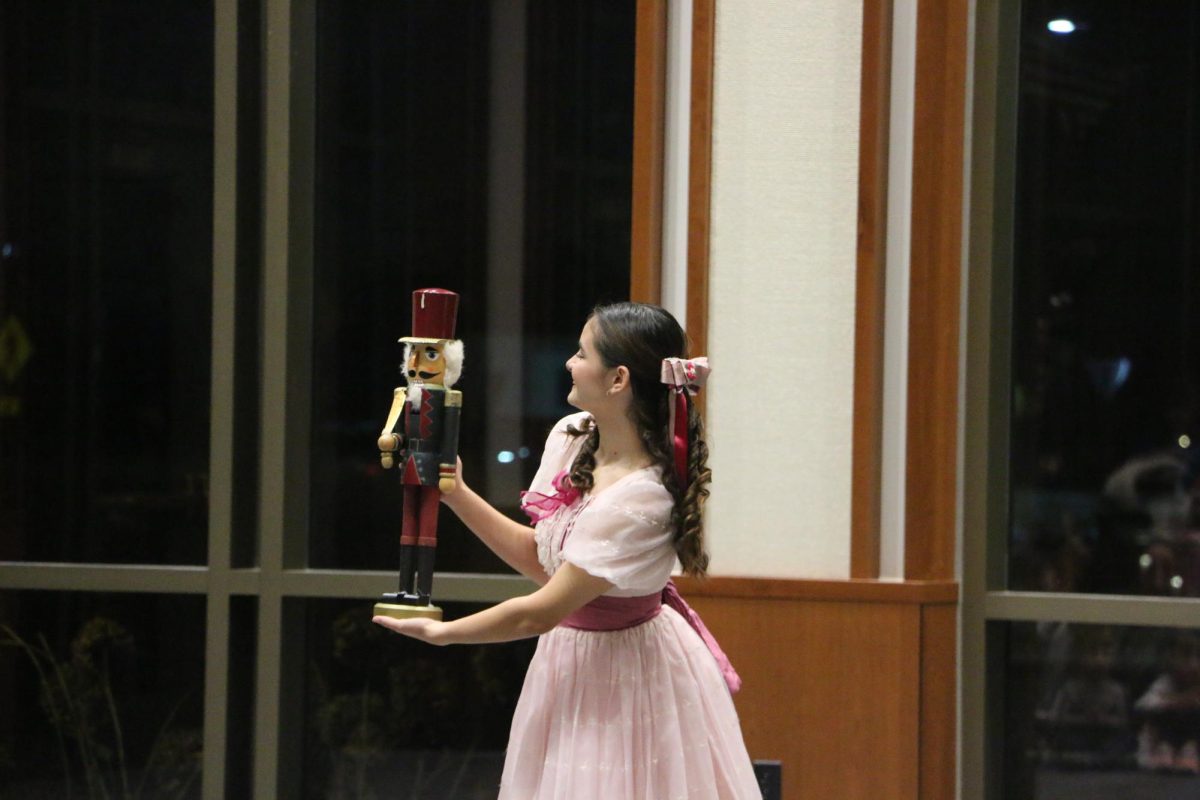






































![Review: “Transformers One” is a refreshing and exciting addition to the franchise [MUSE]](https://hilite.org/wp-content/uploads/2025/01/unnamed-3.png)
![Review: “Journals” is the gift that keeps on giving [MUSE]](https://hilite.org/wp-content/uploads/2024/12/monkey.jpg)
![Review: “Sonic 3” does everything great from the past two movies, and arguably even better [MUSE]](https://hilite.org/wp-content/uploads/2025/01/unnamed-2-812x1200.png)
![Review: Who should have really won season 33 of "Dancing with the Stars"? [MUSE]](https://hilite.org/wp-content/uploads/2024/12/Dancing-with-the-Stars-Photo-1200x657.png)
![Review: "Wicked" is a worthy adaptation of a legendary musical [MUSE]](https://hilite.org/wp-content/uploads/2024/12/Screenshot-2024-12-23-at-6.00.53 PM-1200x793.png)
![Review in Print: Maripaz Villar brings a delightfully unique style to the world of WEBTOON [MUSE]](https://hilite.org/wp-content/uploads/2023/12/maripazcover-1200x960.jpg)
![Review: “The Sword of Kaigen” is a masterpiece [MUSE]](https://hilite.org/wp-content/uploads/2023/11/Screenshot-2023-11-26-201051.png)
![Review: Gateron Oil Kings, great linear switches, okay price [MUSE]](https://hilite.org/wp-content/uploads/2023/11/Screenshot-2023-11-26-200553.png)
![Review: “A Haunting in Venice” is a significant improvement from other Agatha Christie adaptations [MUSE]](https://hilite.org/wp-content/uploads/2023/11/e7ee2938a6d422669771bce6d8088521.jpg)
![Review: A Thanksgiving story from elementary school, still just as interesting [MUSE]](https://hilite.org/wp-content/uploads/2023/11/Screenshot-2023-11-26-195514-987x1200.png)
![Review: "When I Fly Towards You", cute, uplifting youth drama [MUSE]](https://hilite.org/wp-content/uploads/2023/09/When-I-Fly-Towards-You-Chinese-drama.png)
![Postcards from Muse: Hawaii Travel Diary [MUSE]](https://hilite.org/wp-content/uploads/2023/09/My-project-1-1200x1200.jpg)
![Review: "Ladybug & Cat Noir: The Movie," departure from original show [MUSE]](https://hilite.org/wp-content/uploads/2023/09/Ladybug__Cat_Noir_-_The_Movie_poster.jpg)
![Review in Print: "Hidden Love" is the cute, uplifting drama everyone needs [MUSE]](https://hilite.org/wp-content/uploads/2023/09/hiddenlovecover-e1693597208225-1030x1200.png)
![Review in Print: "Heartstopper" is the heartwarming queer romance we all need [MUSE]](https://hilite.org/wp-content/uploads/2023/08/museheartstoppercover-1200x654.png)




